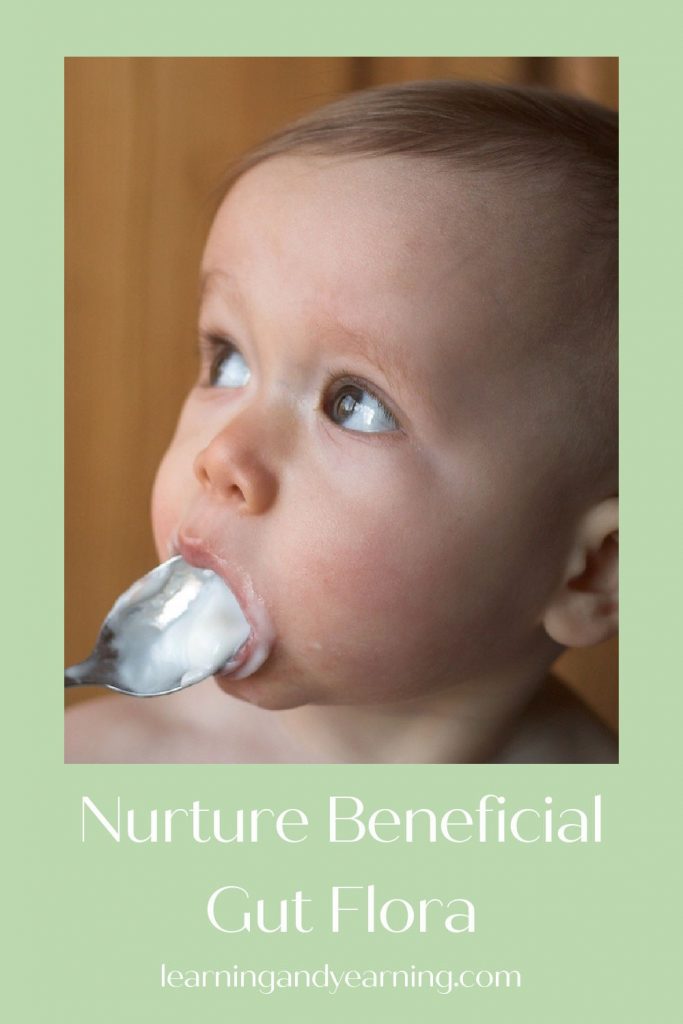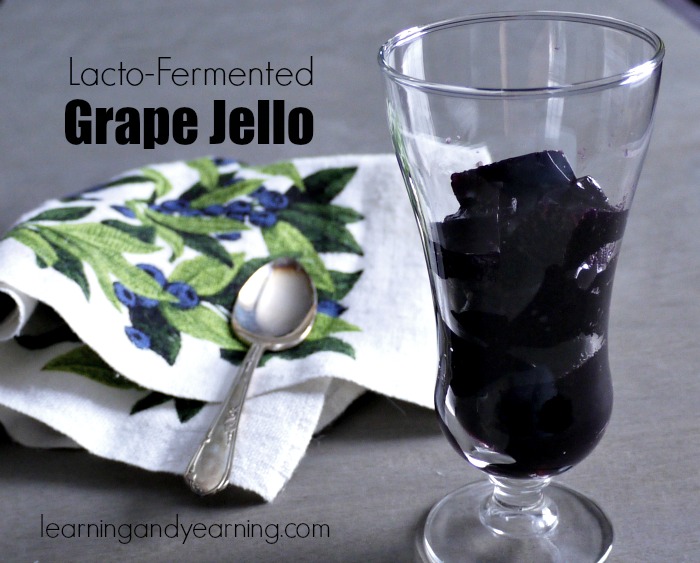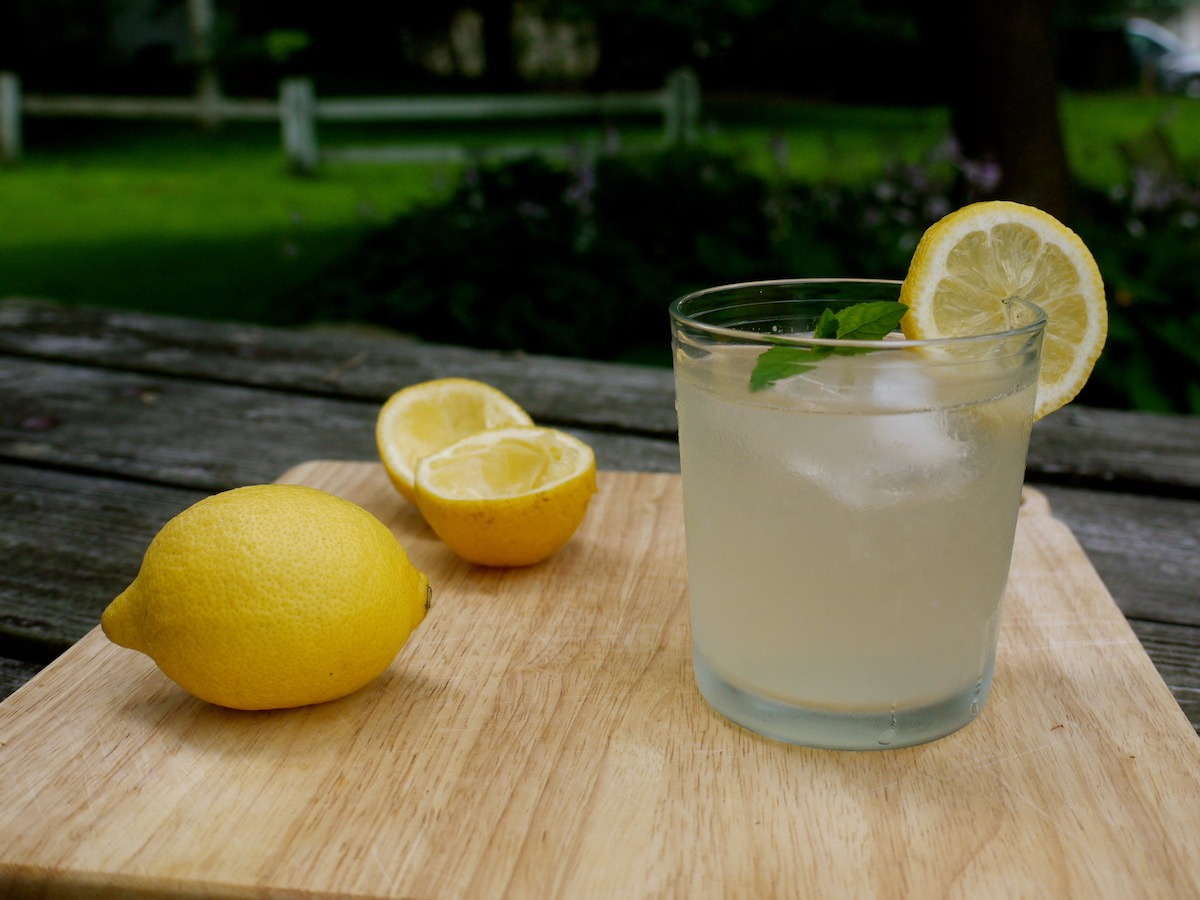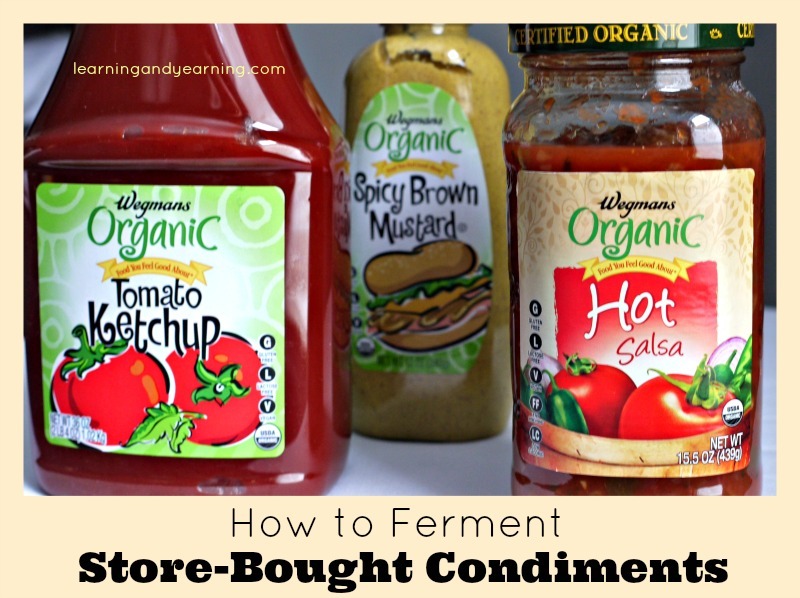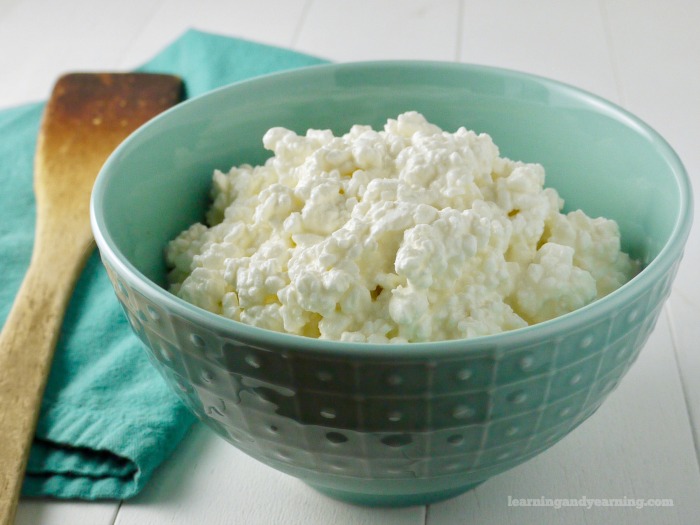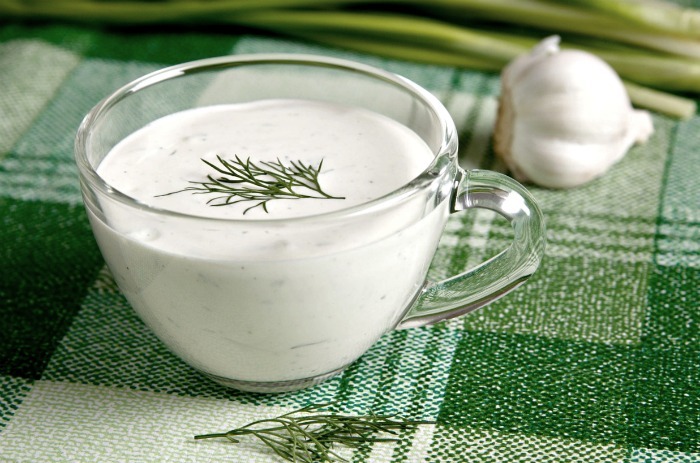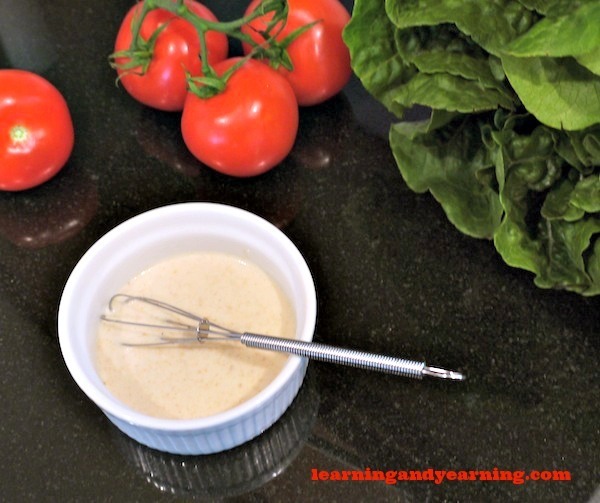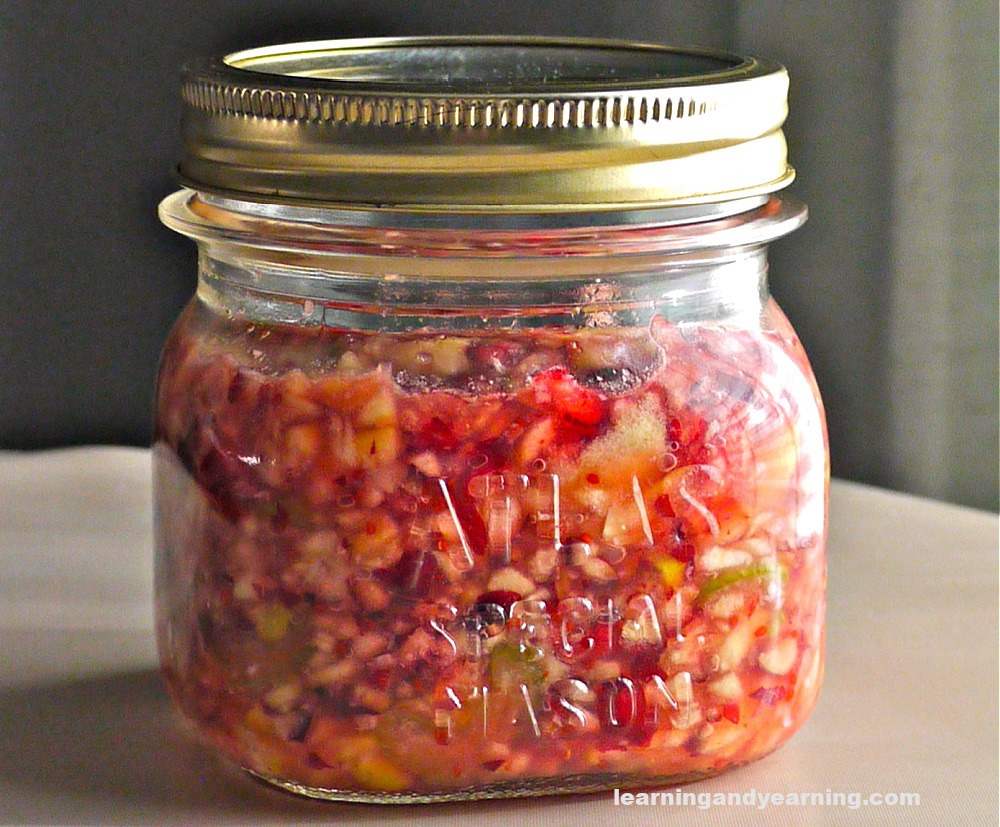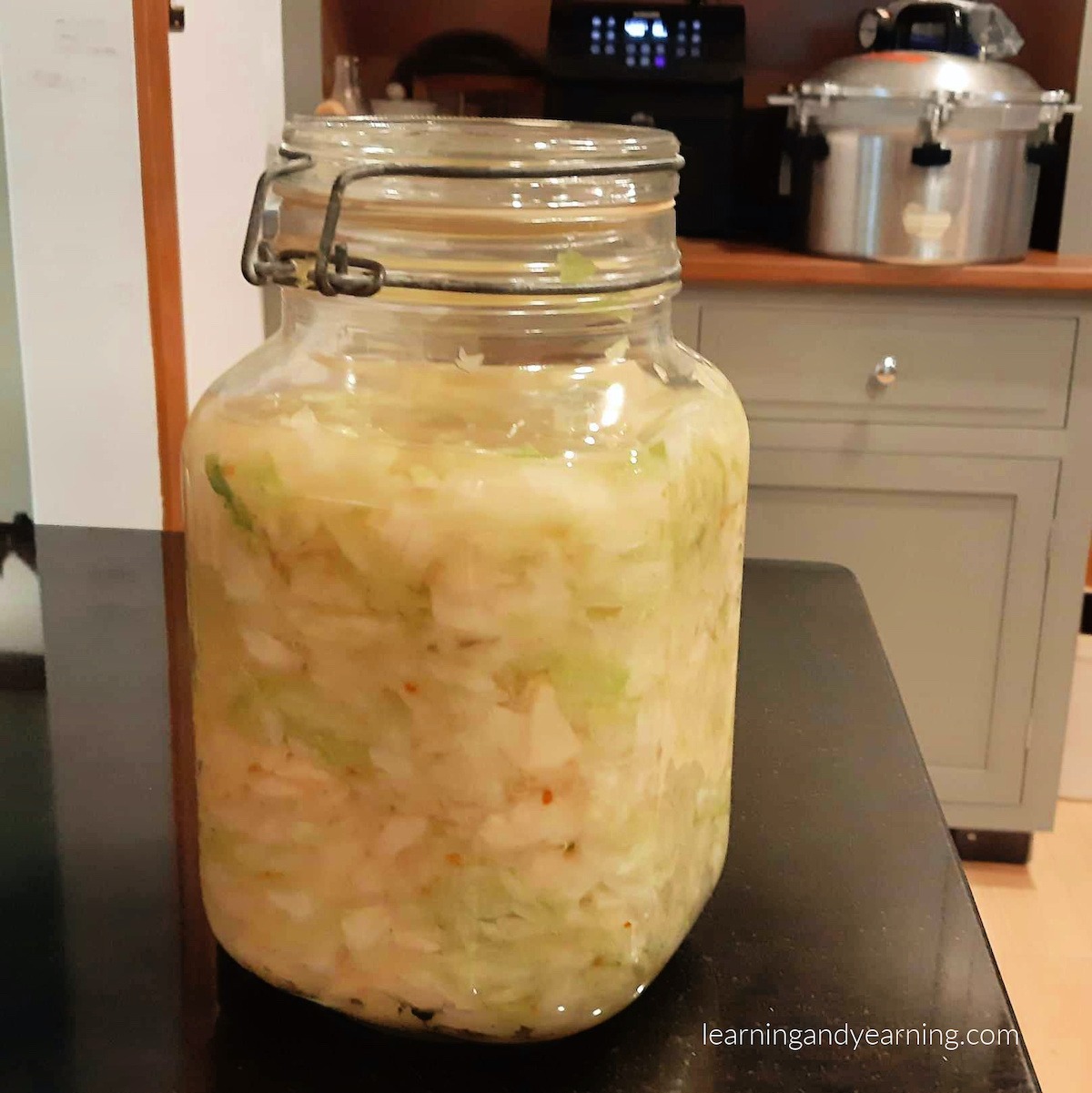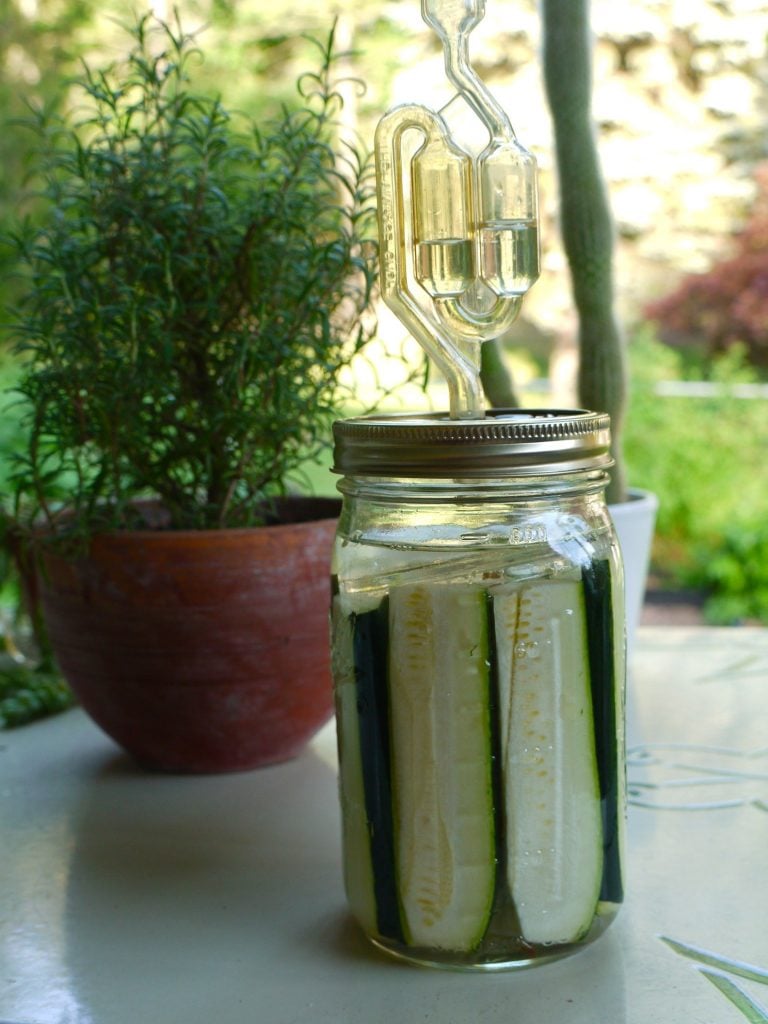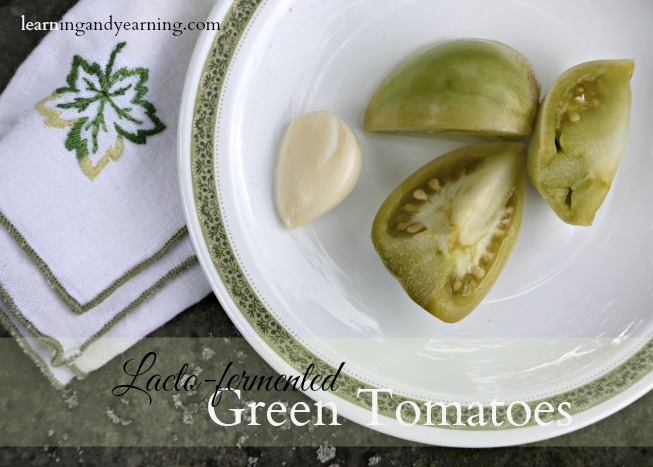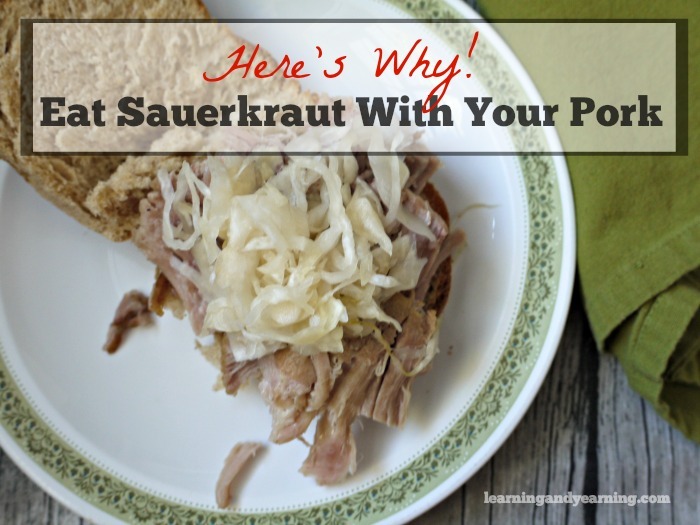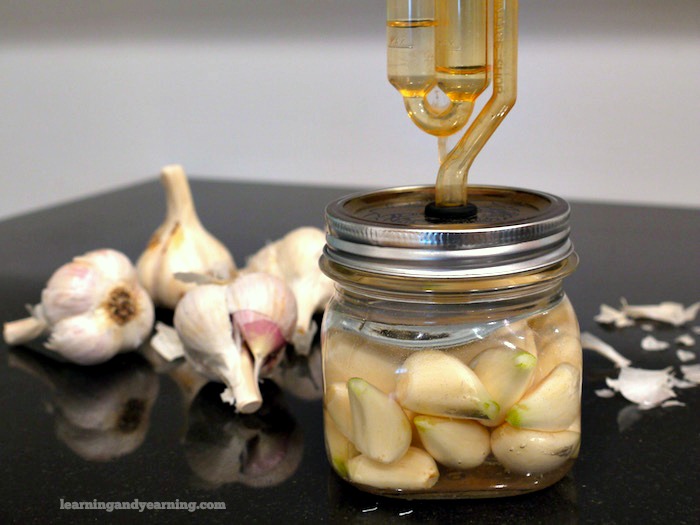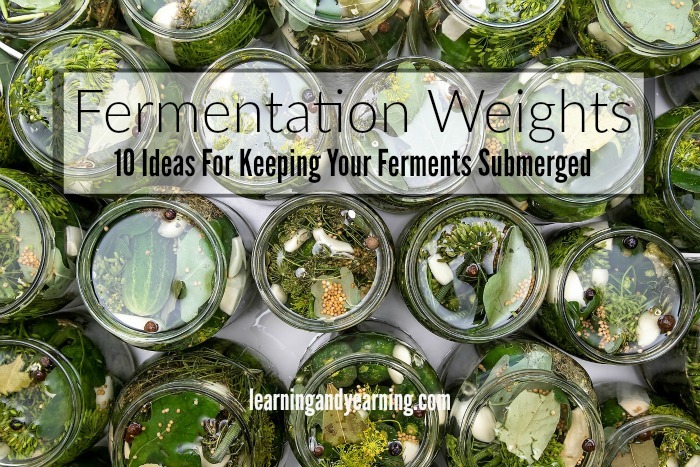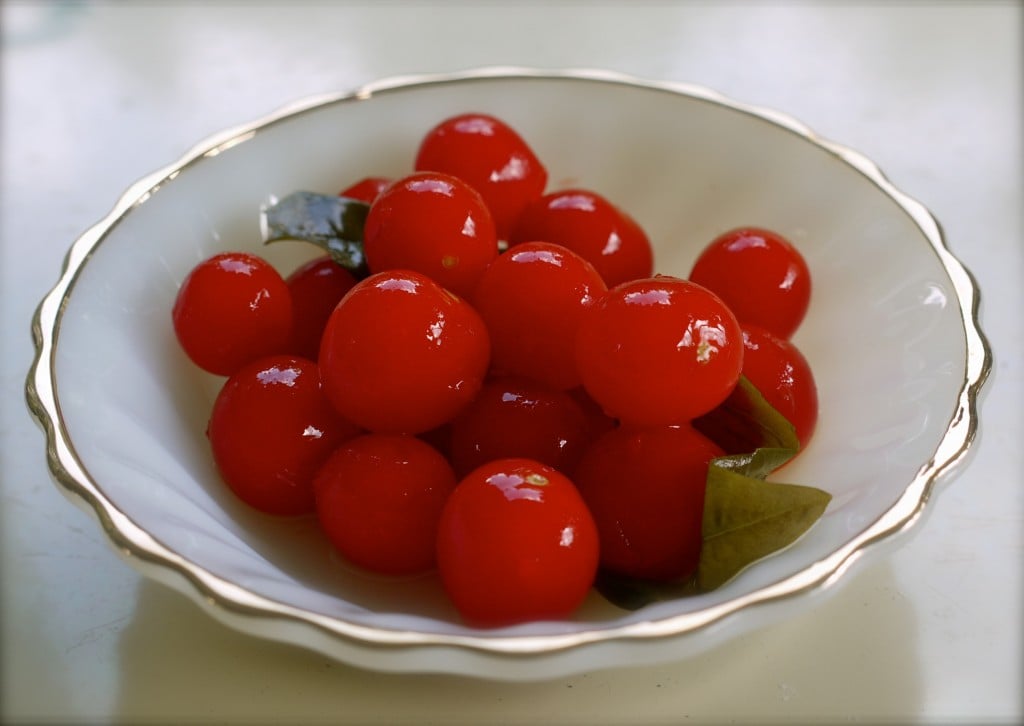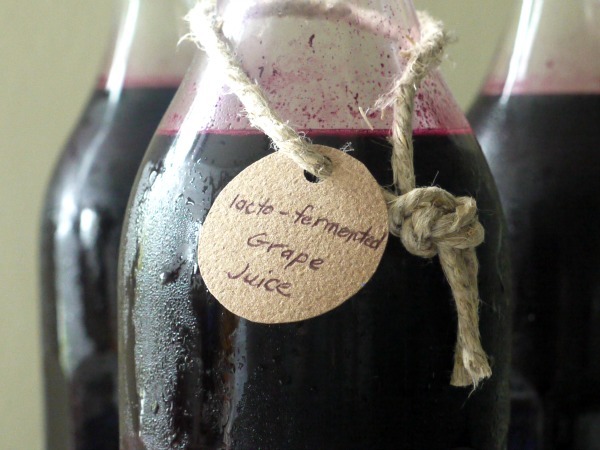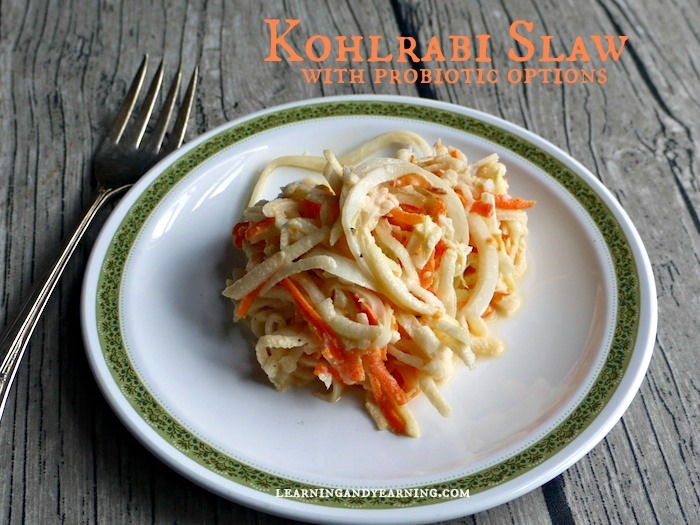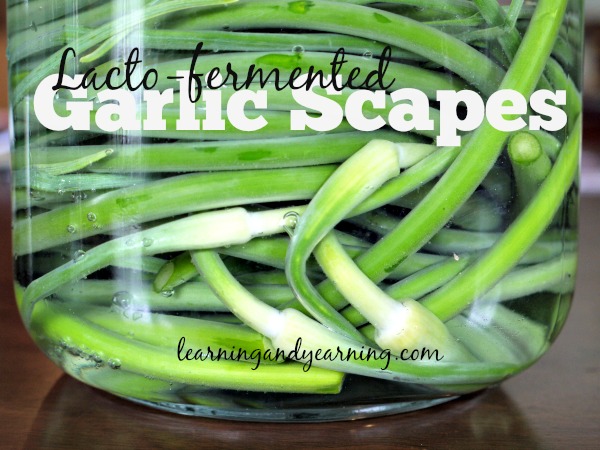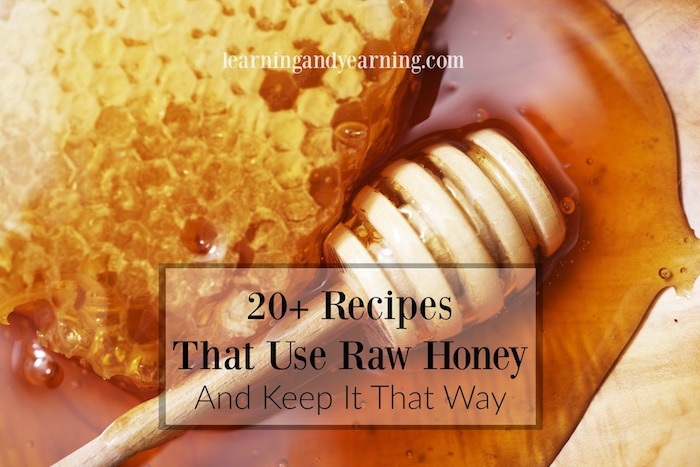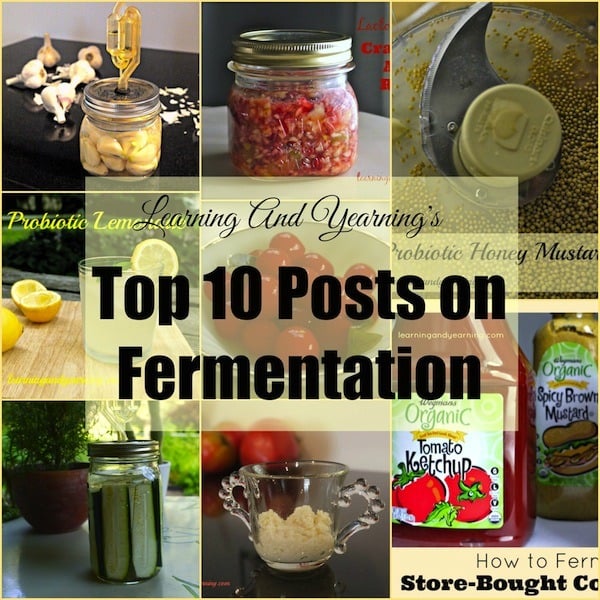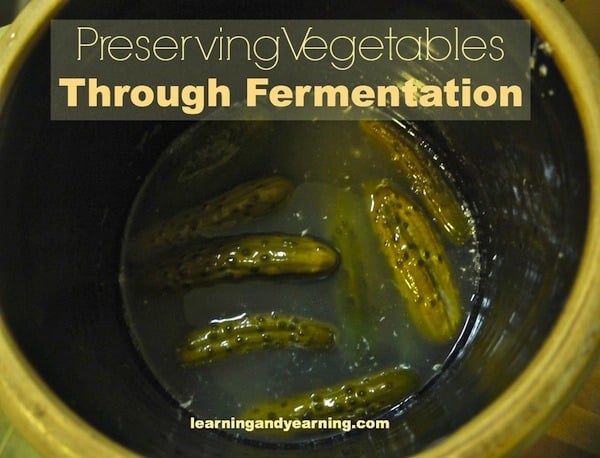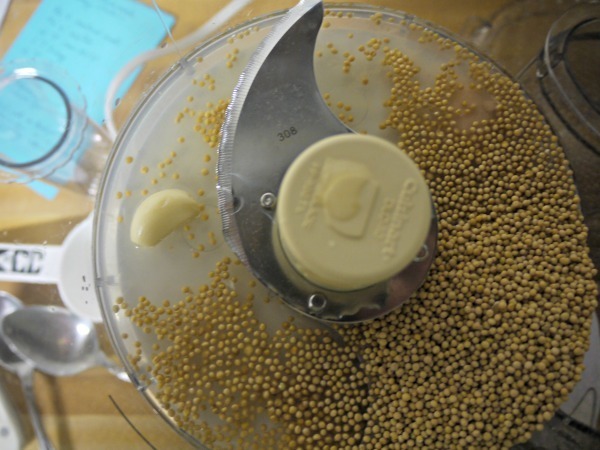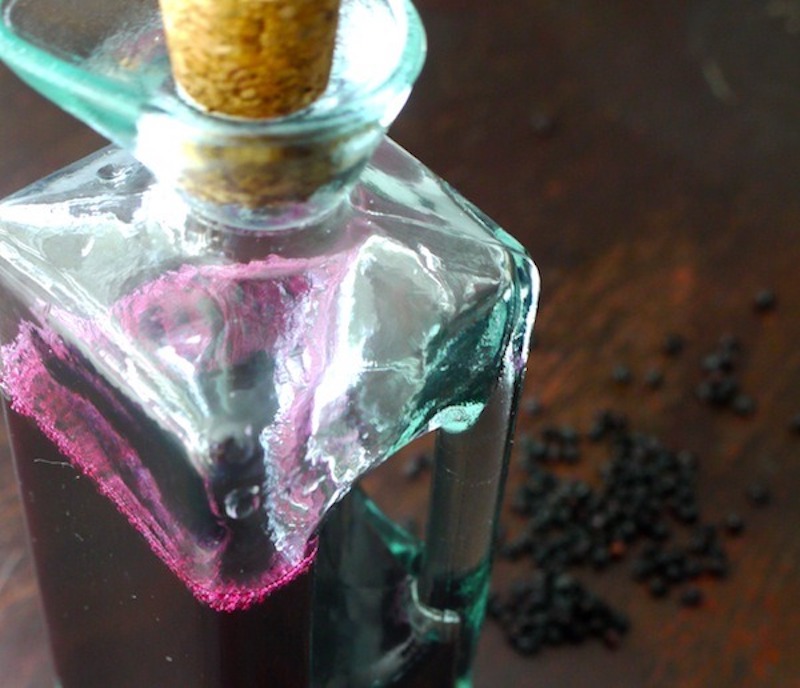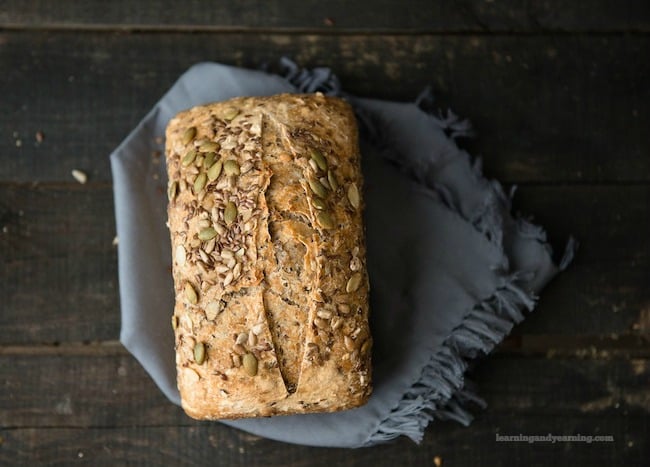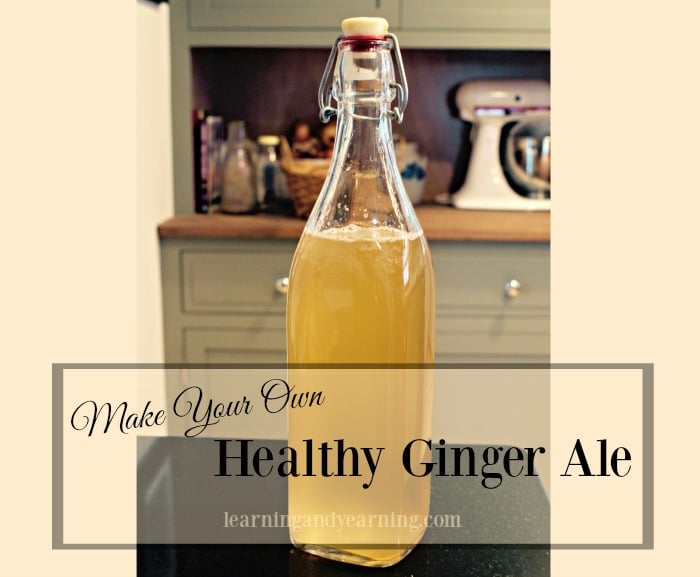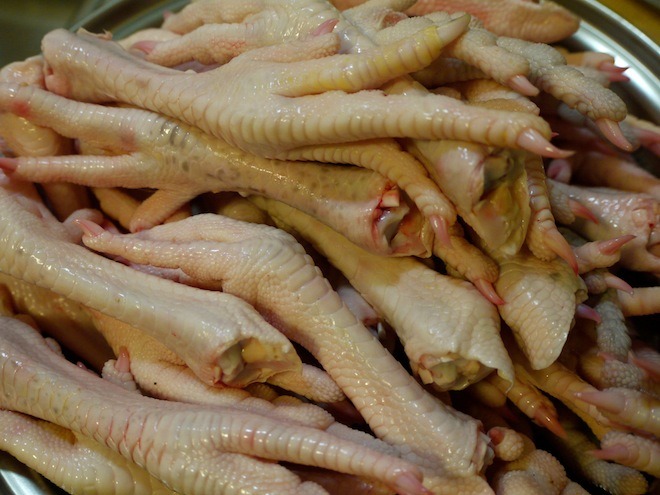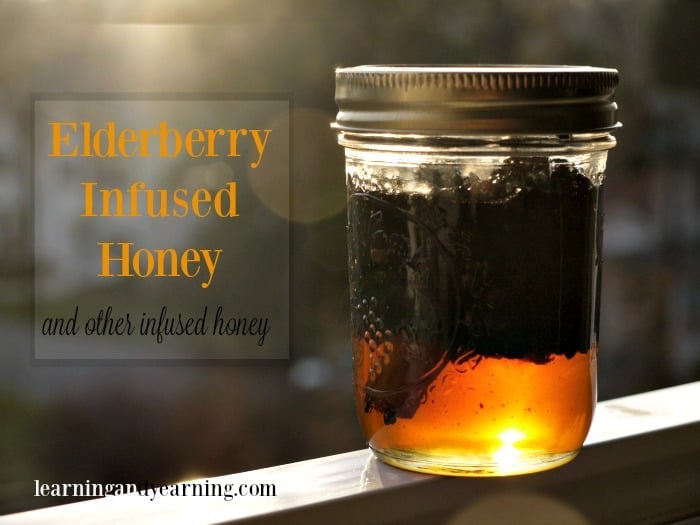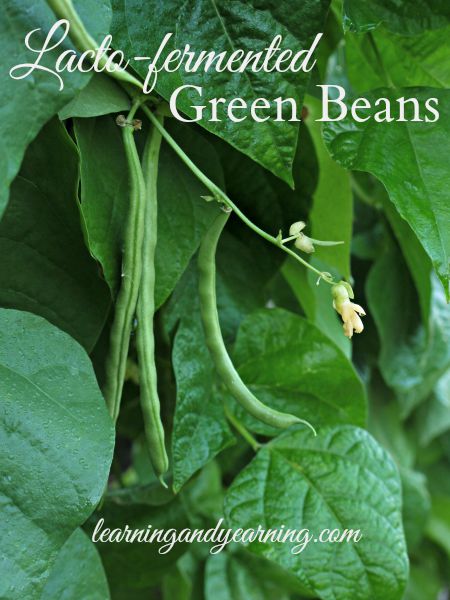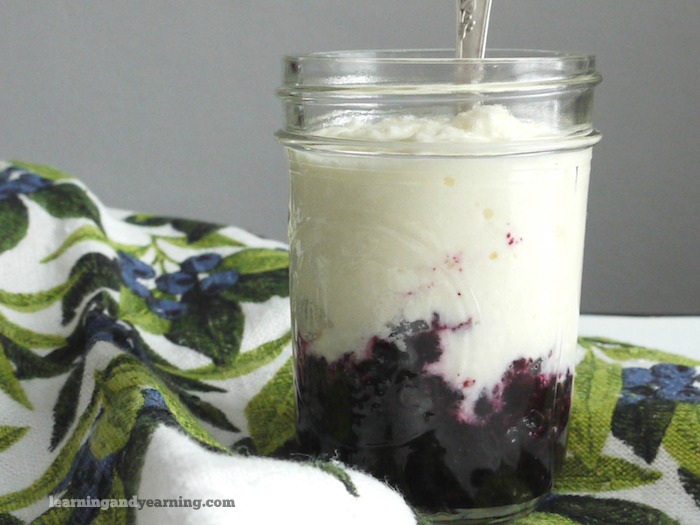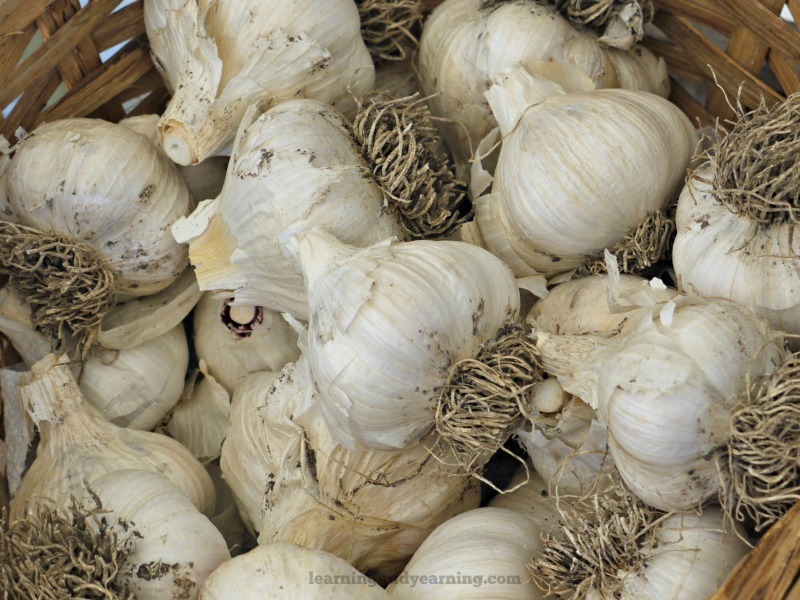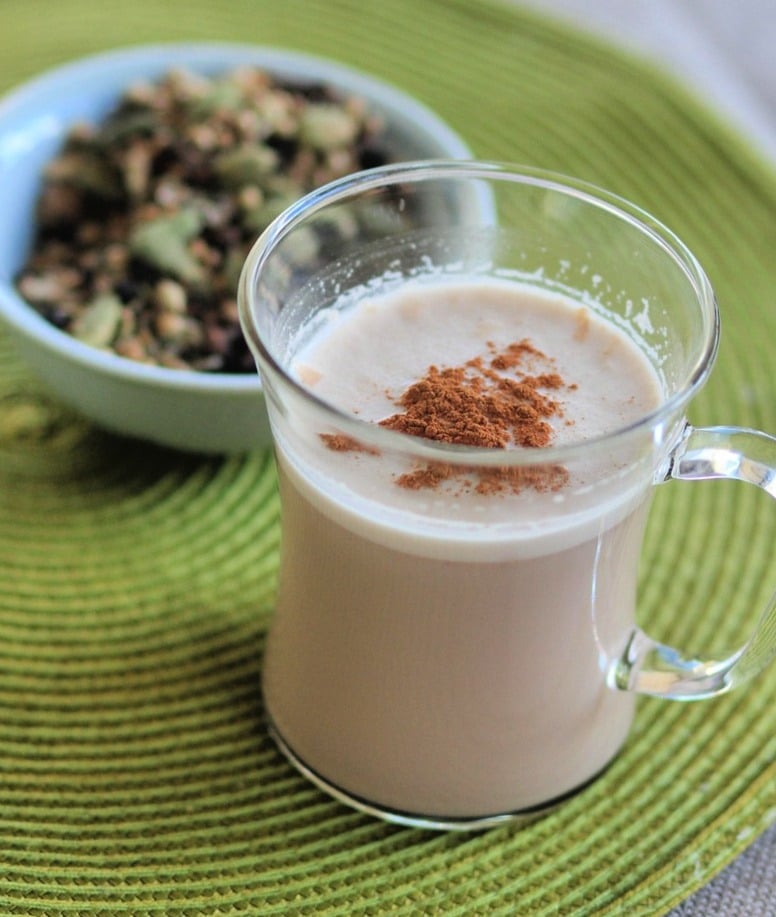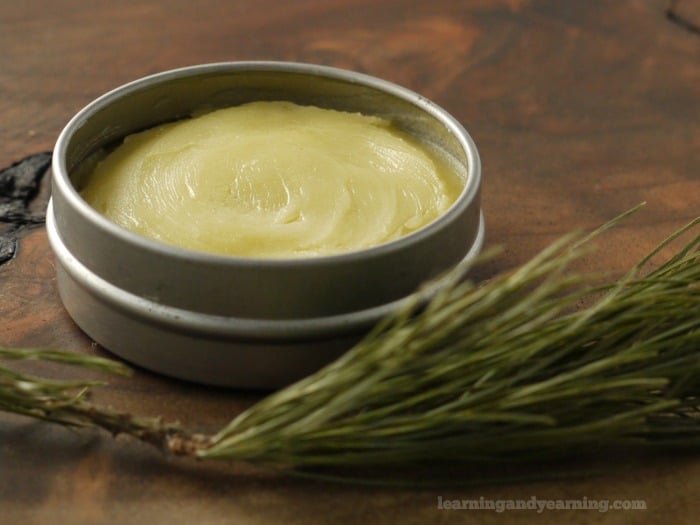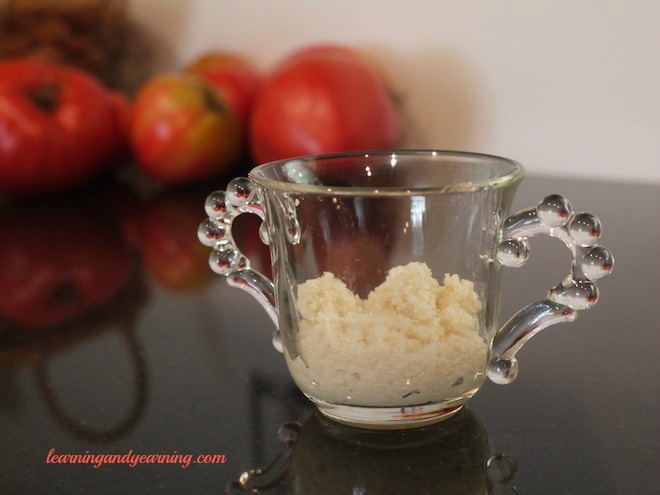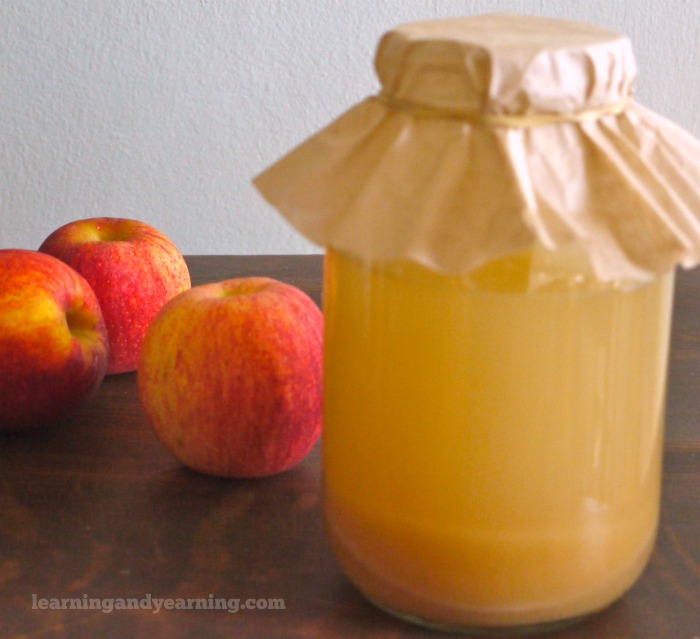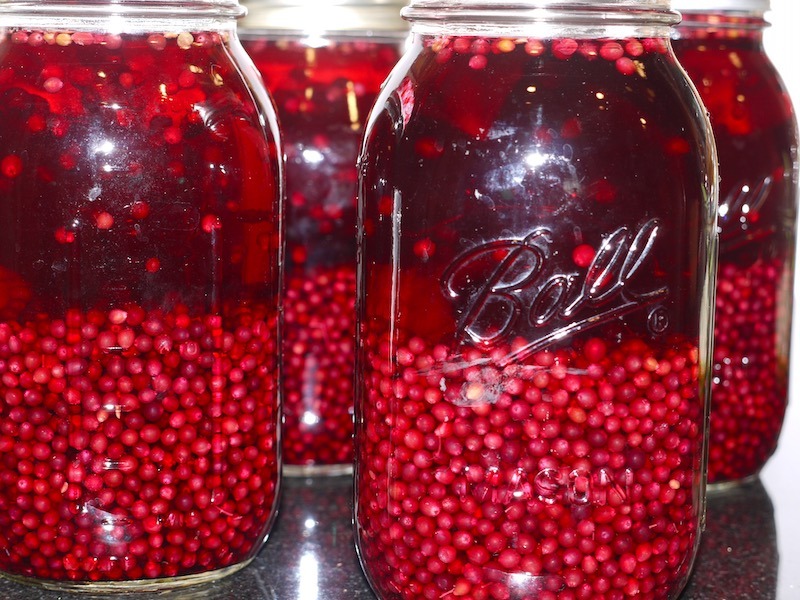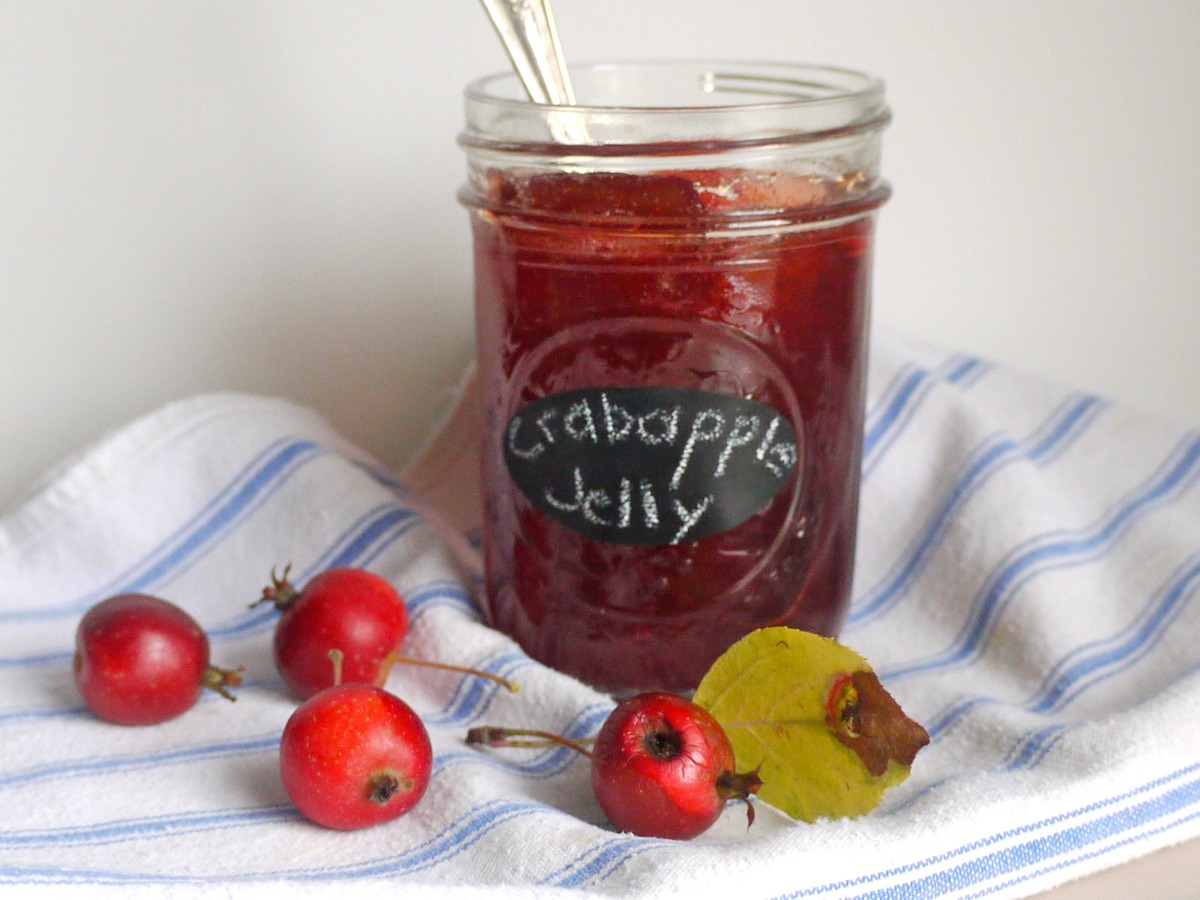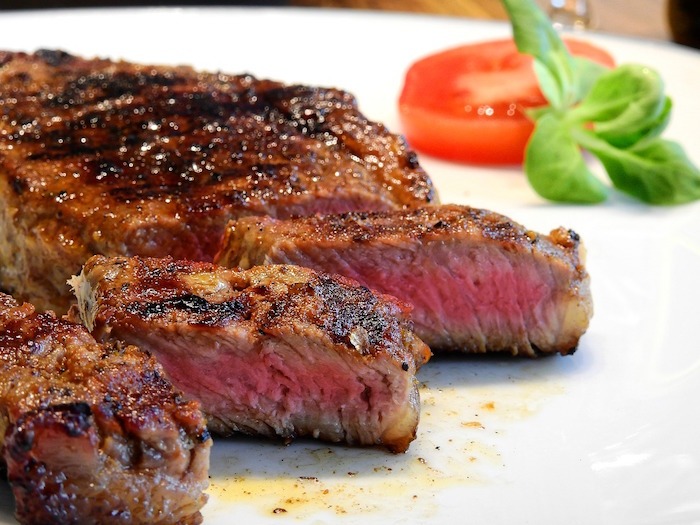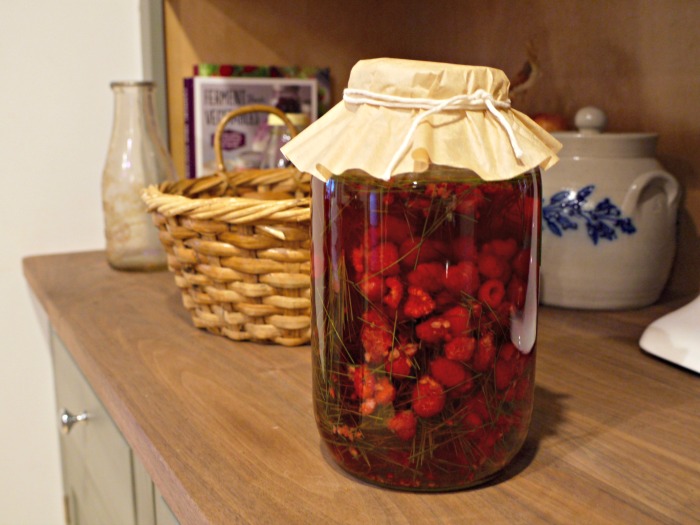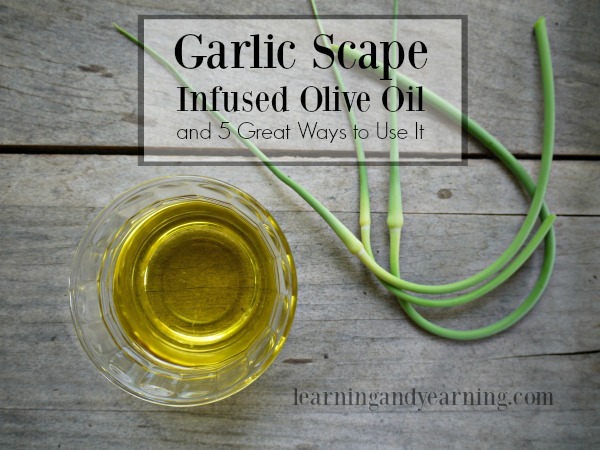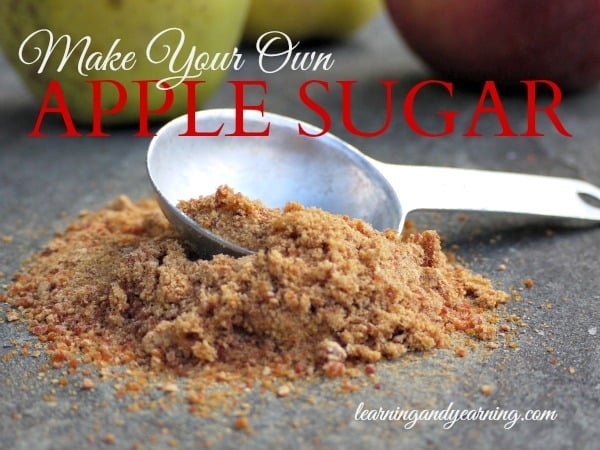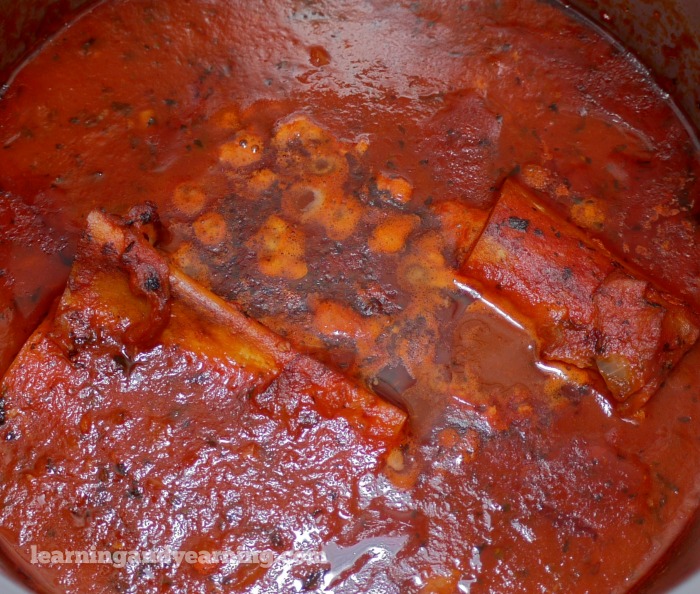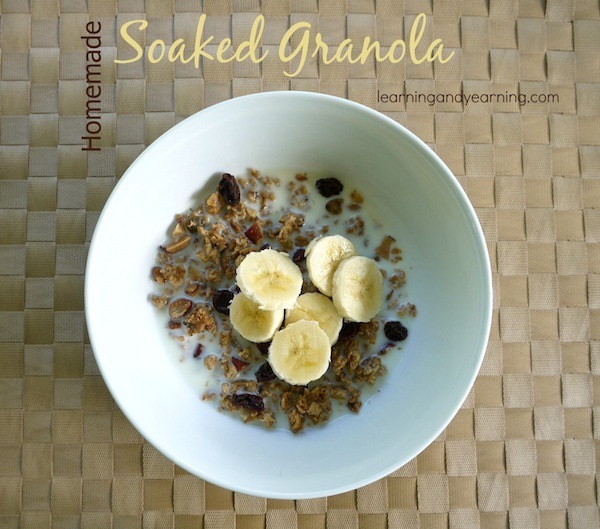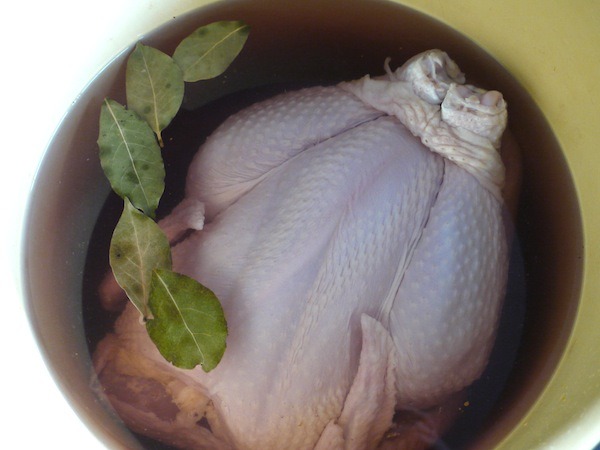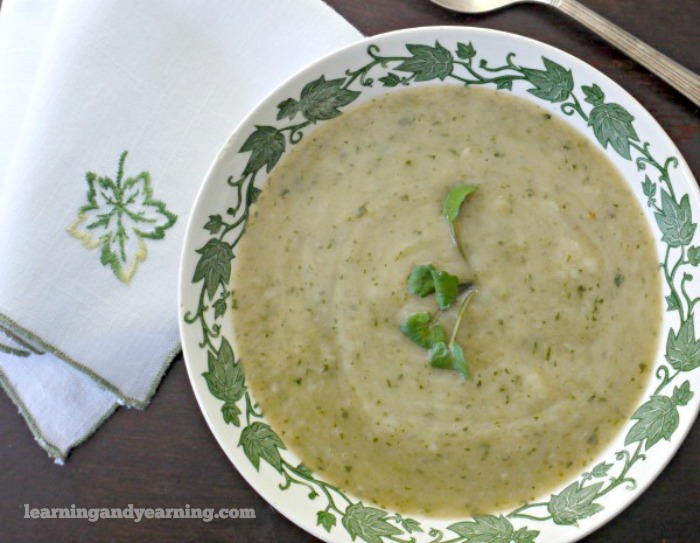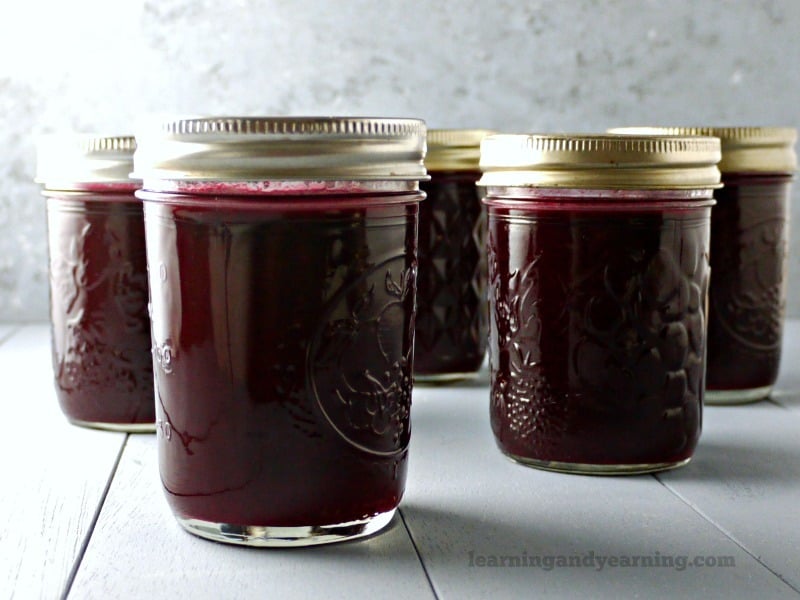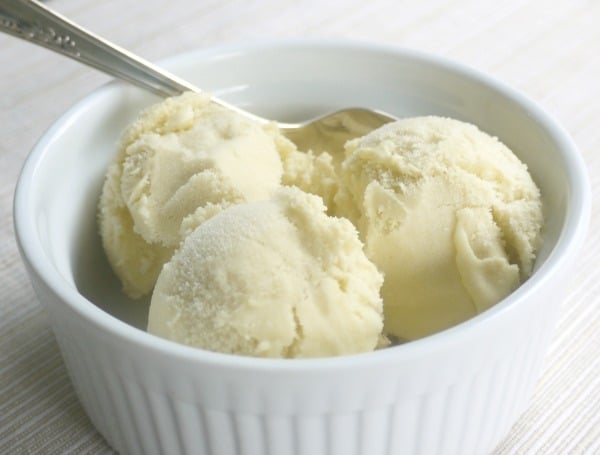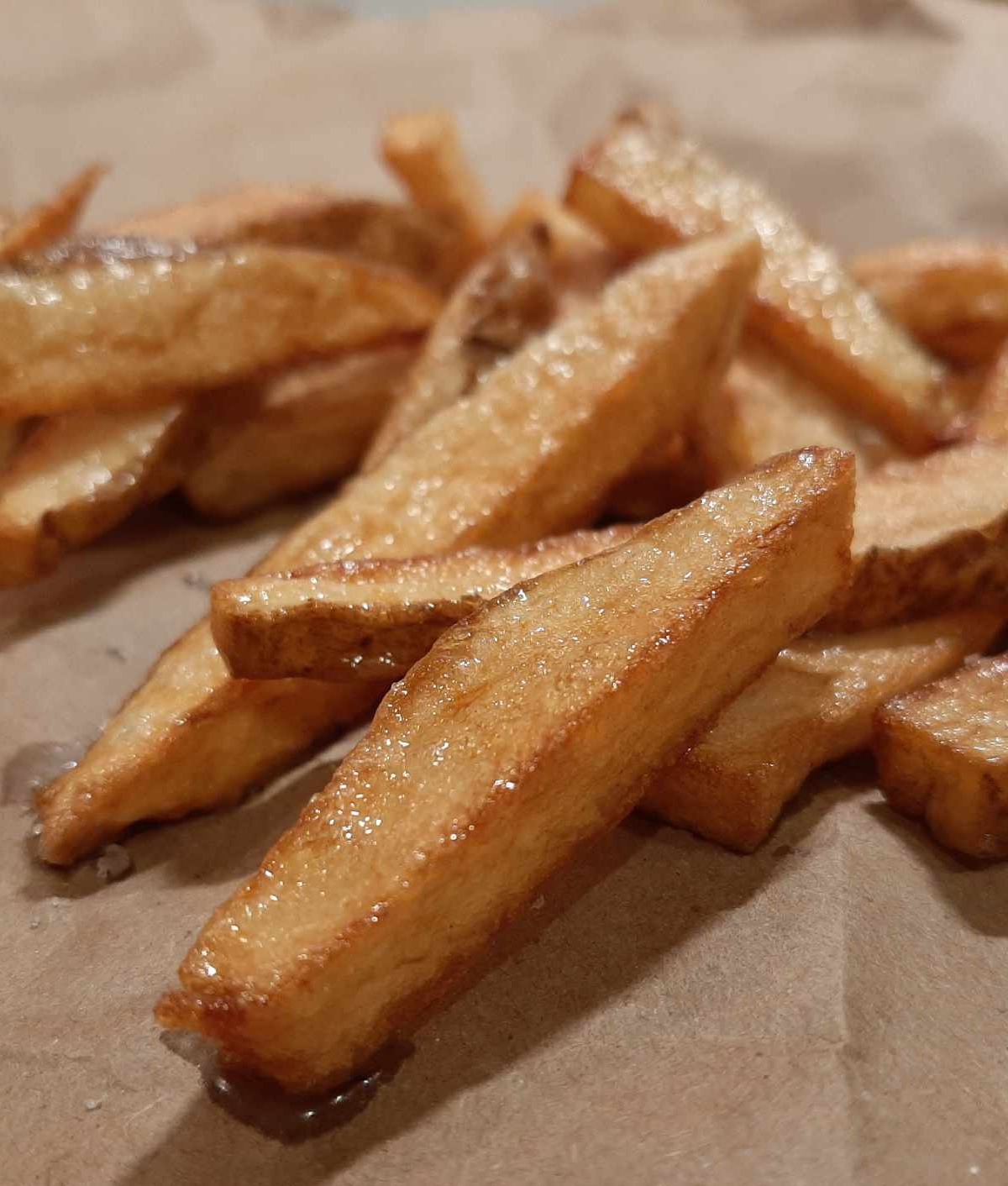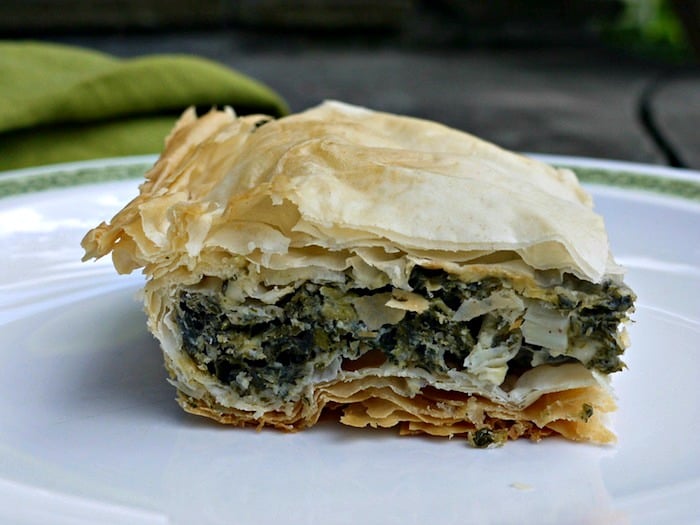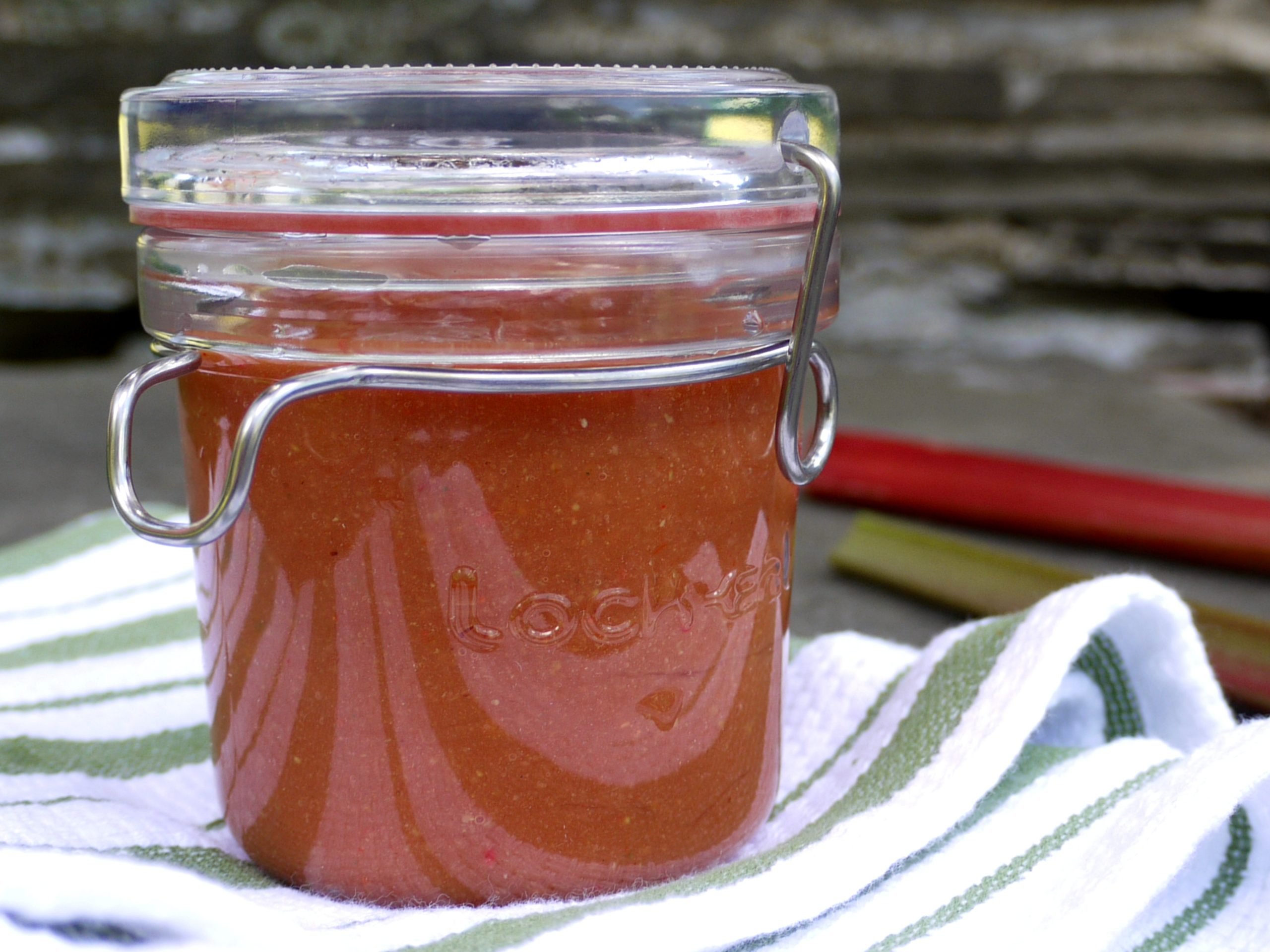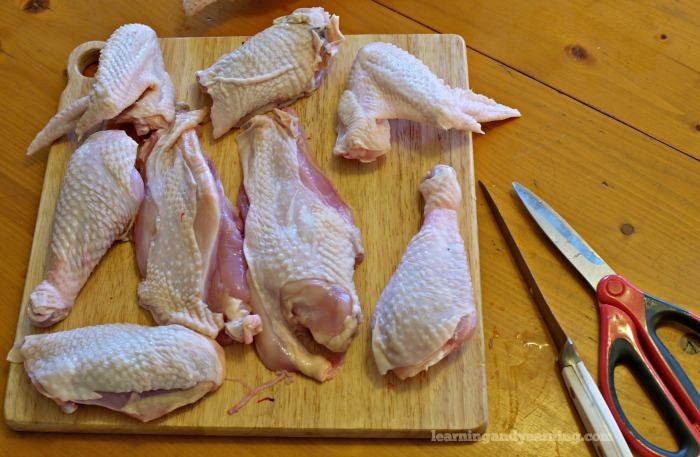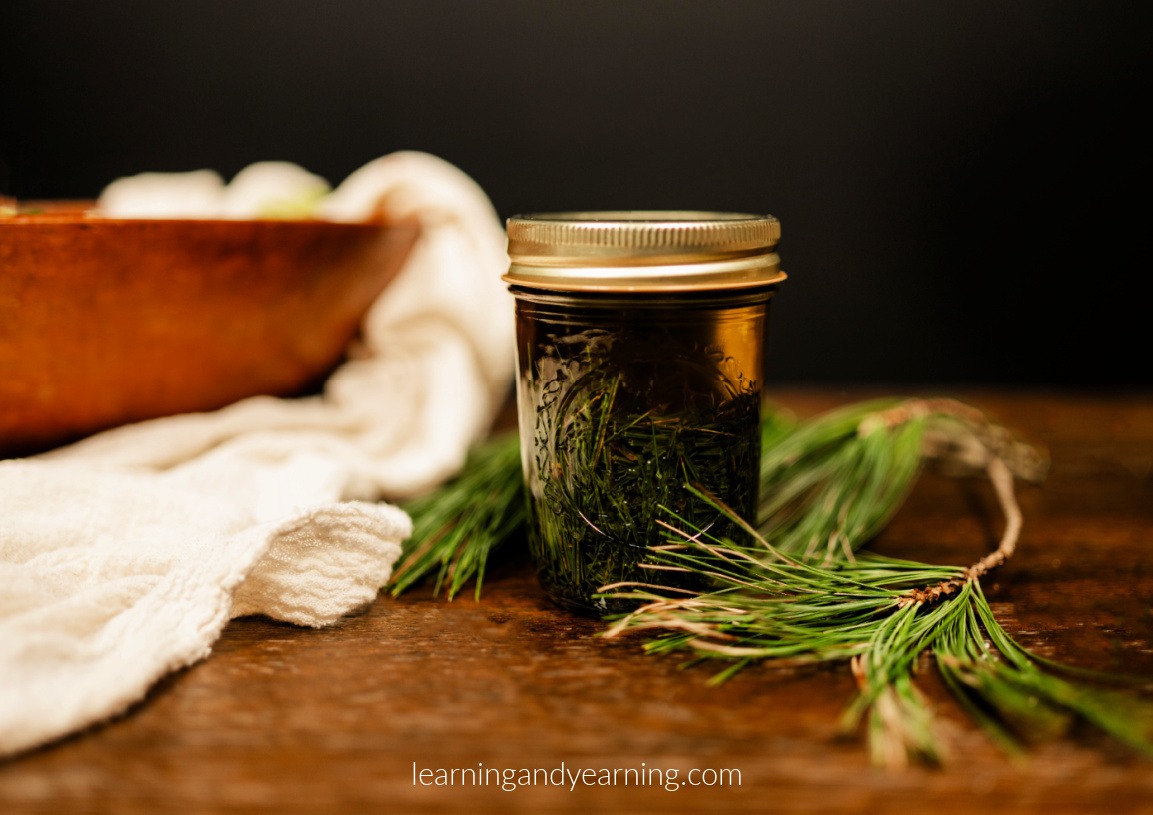
What Are Probiotics? plural of pro·bi·ot·ic (Noun)
- A probiotic substance or preparation.
- A microorganism introduced into the body for its beneficial qualities.
Why Are Probiotics Beneficial?
80% of our immune system is found in our digestive system, so keeping our guts healthy is extremely important. Probiotics provide support to this system. In addition, these live microorganisms help to digest carbohydrates and absorb minerals, boost production of vitamins K and B, compete with harmful bacteria in our guts, and help to prevent allergies.
Children receive their first doses of bacteria from their mother as they are passing through the birth canal, so it is especially important to maintain beneficial gut flora throughout pregnancy.
How Can I Nurture This Good Bacteria?
The first thought when someone wants to increase the good bacteria in their guts is to take a probiotic supplement. Nutritional Therapist Craig Fear has several reasons why it is a much better idea to get probiotics from fermented foods.
According to Fear, “fermented foods give us a far greater variety and complexity of beneficial bacteria than probiotic supplements.”
If you are new to fermenting, my primer on fermenting vegetables can help. Or find lots of recipes for beverages, garlic, and other vegetables here.
Of course, vegetables are far from the only food that may be fermented. Raw milk may be fermented into yogurt, kefir, cultured cheese, creme fraiche, and more. (A good source for purchasing yogurt and kefir cultures)
Before refrigeration, meats were preserved through culturing, but what we know today as dry sausages such as salami are often made with preservatives and are no longer rich in probiotics. It is worth seeking out sources that continue the traditional methods of fermenting sausages.
Other foods which can easily be fermented are fruits, beverages such as kombucha or beet kvass, and condiments such as ketchup.
Recommended Reading:
Nourishing Traditions by Sally Fallon with Mary G. Enig – A fantastic guide to properly preparing whatever it is you want to eat, so that it is nutrient rich and easy to digest.
Real Food Fermentation by Alex Lewin – This is a great primer and is especially helpful if you are a visual learner. Lots of fantastic photos of the processes required in fermentation.
Other Great Posts on Foods That Will Nurture Beneficial Gut Flora
Homemade Creme Fraiche (Cultured Cream)
Lacto-Fermented Cranberry Apple Relish
5 Ways to Make Your Own Sour Cream
Homemade Root Beer Syrup for Fermented Soda
Make Your Own Fermented Sauerkraut
Pine Needle and Raspberry Soda Fermented with Wild Yeast
Make Your Own Healthy Ginger Ale
